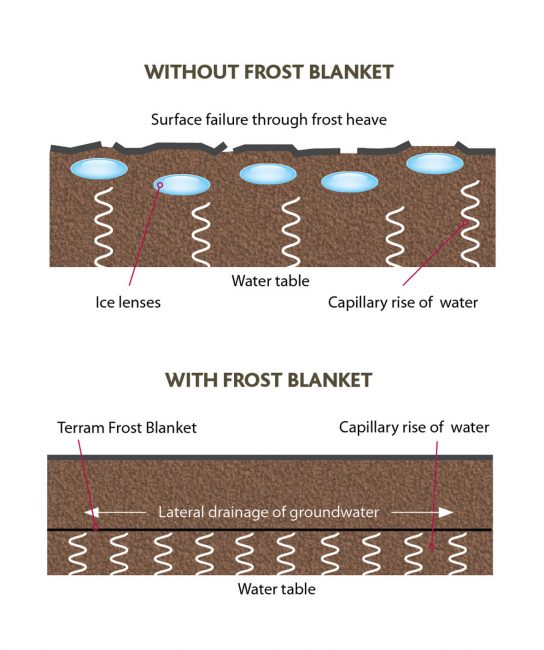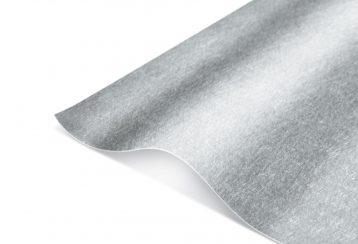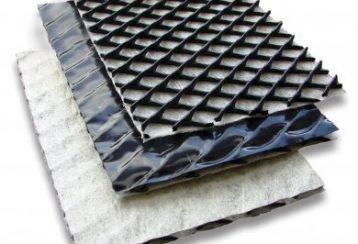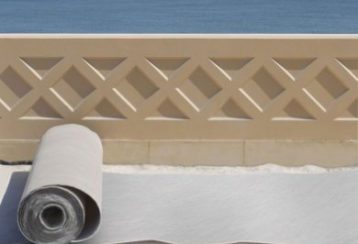Products
Frost Blanket
Protection geocomposite for mitigating the effects of frost heave. It forms a capillary break to prevent the rise of groundwater into the frost zone thereby reducing the potential for damage.

Frequently Asked Questions
What makes Terram Geocomposites better than alternatives?
TERRAM Geocomposites have been installed on numerous projects throughout the UK for decades with a proven track record. The extruded HDPE net drainage core has been designed to withstand extremely high compressive loads with minimal settlement and nearly 100% elastic recovery. Alternative Geocomposites such as those manufactured with cuspated cores collapse without recovery at a specific compressive load (crush) making them more susceptible to site damage during installation. Drainage composites with monofilament cores compress significantly under relatively low pressures which may result in surface settlement and significantly reduced flow rates.
What compressive loading will a Terram Geocomposite take?
All TERRAM Geocomposites have been tested with compressive loads between 20 and 200kPa to determine the flow rate capacity in accordance with EN ISO 12958. Flow rates at higher compressive loads are available on request.
How long will Geocomposites last? (Design life)
When designed, installed and maintained in accordance with the published literature most TERRAM Geotextiles and Geocomposites are sufficiently durable to achieve a design life of at least 100 years in most typical soil conditions. Please refer to DoP (Declaration of Performance) certificates for specific product grades which state the anticipated design life based on independent durability testing.
What is the right Geocomposite grade to use?
The type of Geocomposite and the grade will depend upon the site conditions and the application. Generally, TERRAM B1, 1B1, 1BZ, 1C1 are used for back of wall vertical drainage applications with ground water seepage. A higher grade Geocomposite may be required when higher ground water flow rates, higher pressures (due to depth of soil fill layers) and lower hydraulic gradients (Geocomposite laid close to horizontal) are expected.
How thick are the Geocomposites?
Between 4 and 10 mm depending on the grade of drainage net core, grade of geotextile or geomembrane. The thickness of the Geocomposite will decrease with increased weight of soil fill.
Original &
The Best



